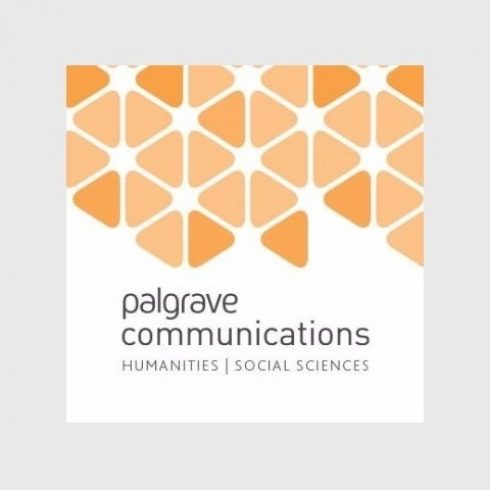Economic imaginaries of the Anti-biosis
Between ‘economies of resistance’ and the ‘resistance of economies’
Nik Brown & Sarah Nettleton
Palgrave Communications 2018

Abstract
This paper seeks to report on the way economic principles, formulae and discourse infiltrate biological research on antimicrobial resistance (AMR) in the life sciences. AMR, it can be argued, has become the basis for performing certain forms of ‘economic imaginary’. Economic imaginaries are ways of projecting and materially restructuring economic and political orders through motifs, metaphors, images and practices. The paper contributes to critical social science and humanities research on the socio-economic underpinning of biological discourse. The performance of economy in this context can be seen to follow two key trajectories. The first trajectory, discussed at length in this paper, might be described as ‘economies of resistance’. Here the language of market economics structures and frames microbiological explanations of bacterial resistance. This can be illustrated through, for example, biological theories of ‘genetic capitalism’ where capitalism itself is seen to furnish microbial life with modes of economic behaviour and conduct. ‘Economies of resistance’ are evidence of the naturalisation of socio-economic structures in expert understandings of AMR. The methodological basis of this paper lies in a historical genealogical investigation into the use of economic and market principles in contemporary microbiology. The paper reports on a corpus of published academic sources identified through the use of keywords, terms, expressions and metaphors linked to market economics. Search terms included, but were not limited to: ‘trade-off’, ‘investment’, ‘market/s’, ‘competition’, ‘cooperation’, ‘economy’, ‘capital/ism’ and ‘socialist/ism’, etc. ‘Economies of resistance’ complements a second distinct trajectory that can be seen to flow in the opposite direction from biology to economic politics (the ‘resistance of economies’). Here, economic imaginaries of microbial life are redeployed in large-scale debates about the nature of economic life, about the future of the welfare state, industrial strategy, and about the politics of migration and race. ‘Economies of resistance’ and the ‘resistance of economies’ are not unrelated but, instead, they are mutually constituting dynamics in the co-production of AMR. In attempting to better understand this co-production, the paper draws upon literatures on the biopolitics of immunity in political philosophy and Science and Technology Studies (STS).
 Share
Share






Commentary
The latest commentary on the use of antimicrobials in society.
Solo efforts will not curb antibiotic resistance
Shortly after it was revealed that antibiotics crucial to human medicine are still being used in “unacceptable” quantities on US livestock...
Anti-biosis? – Social and Cultural Inquiries into Human-Microbe...
Two of us from the AMIS Programme Team (Clare Chandler and Komatra Chuengsatiansup) are acting as associate editors for Palgrave...
‘Notes from the Field’: Wakiso District, Kampala, Uganda
Antibiotics, poultry, and livelihoods: Conjoined Worlds in Medium-Scale Urban Livestock Keeping.